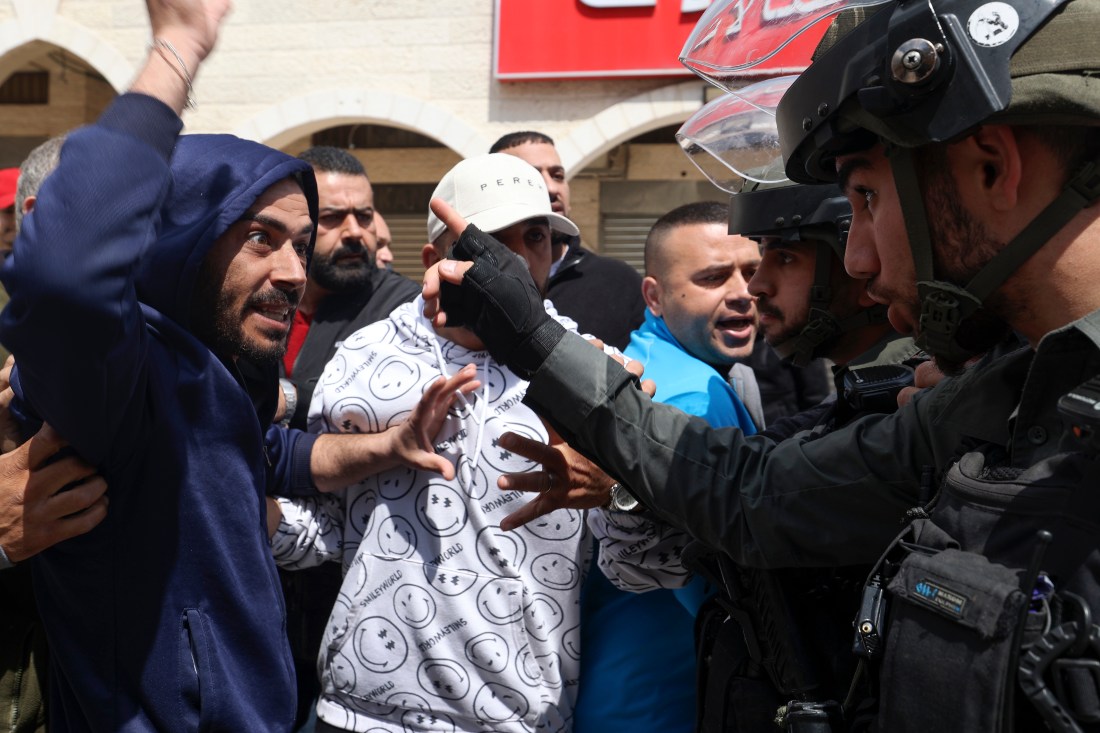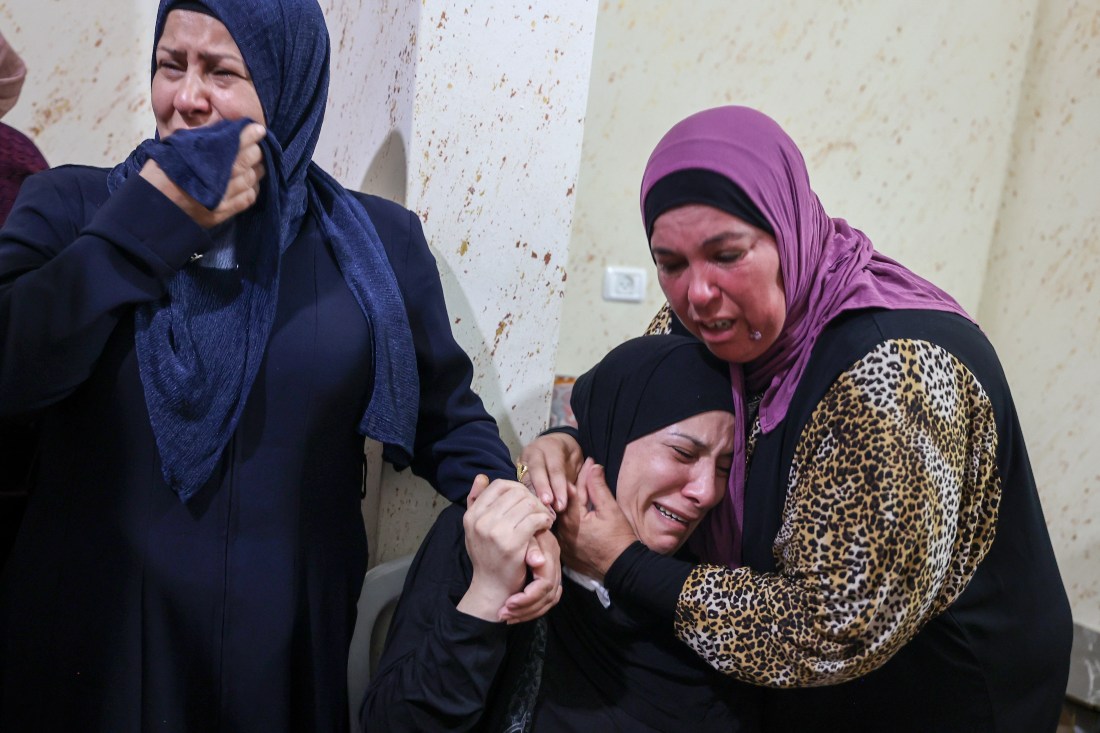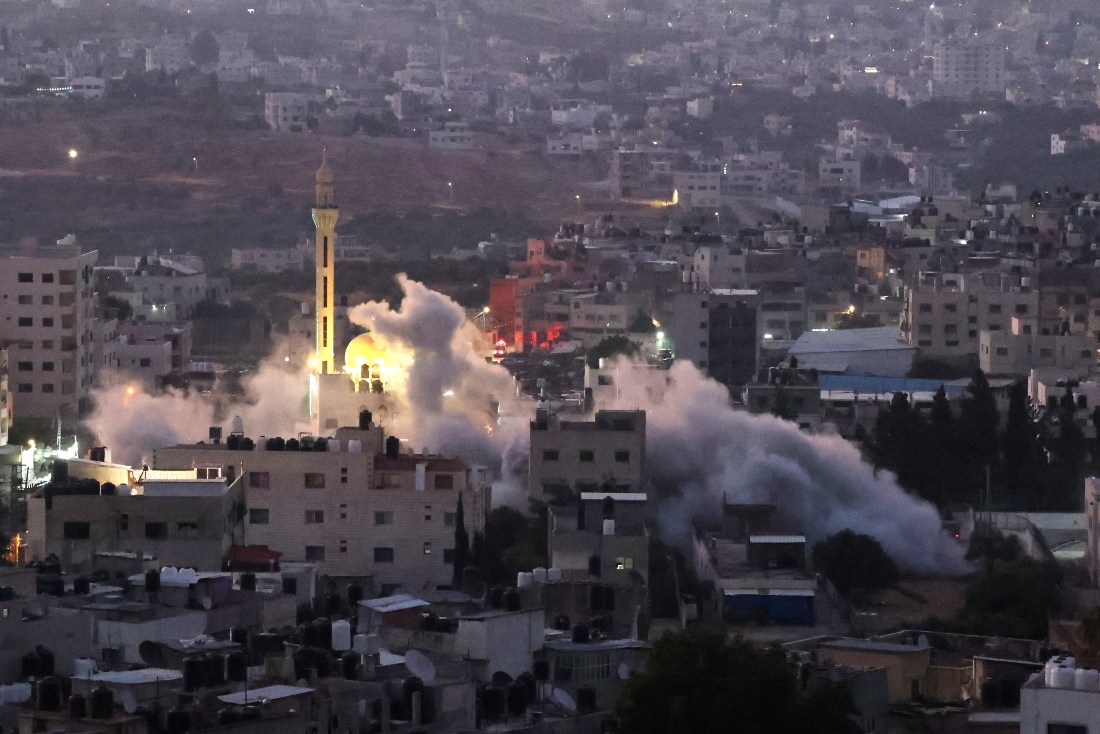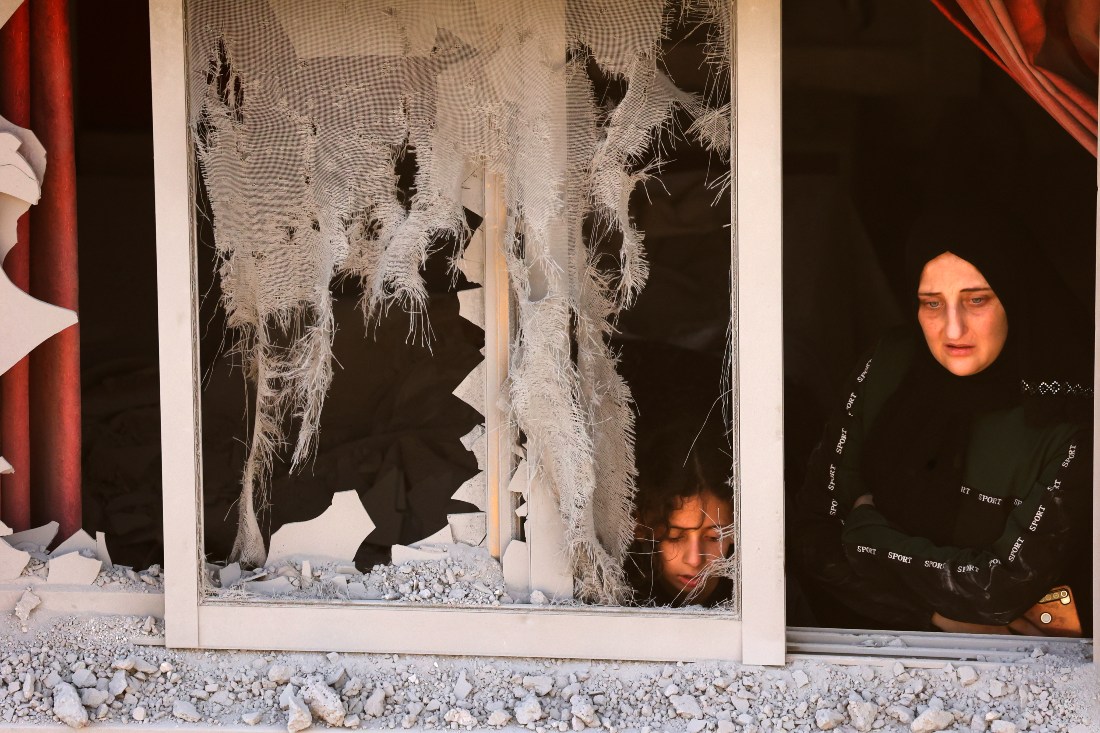NEW YORK CITY: Riyad Mansour, Palestine’s permanent observer to the UN, outlined the key priorities and challenges facing the Palestinian cause in a wide-ranging interview with Arab News on the sidelines of the ongoing 78th session of the UN General Assembly.
Mansour discussed Palestine’s efforts to update UN resolutions, navigate the International Court of Justice, address the crisis facing the UN agency for Palestinian refugees, and contend with escalating violence.
He said “a ton of work” remains to be done, all geared toward having a political horizon and putting an end to Palestinian suffering at the hands of “those who keep telling us: ‘You just have to wait and wait and wait.’”
Mansour told Arab News: “The Palestinian people are fed up and frustrated and angry that they’ve been waiting for way too long, and the situation is moving from bad to worse.
“Something has to happen and a process needs to start that will end this occupation as quickly as possible and allow the Palestinian people to enjoy the independence of their own state, (based) on the June 4, 1967, borders, with East Jerusalem as its capital.”

Palestine’s top priority at this year’s General Assembly is to ensure UN resolutions related to the Israeli-Palestinian conflict are updated to reflect new realities and developments that have occurred over the past year.
Mansour emphasized the importance of keeping the Palestinian issue on the international agenda, especially in light of what he called “the obsession with what is really happening in Ukraine.”
He said: “In the atmosphere of Ukraine, (it is important) to remain relevant and (keep) your issue alive and on the table and to succeed in receiving more votes.”
He underscored the need to maintain and increase the number of votes in favor of Palestinian resolutions, as traditionally, Palestine has received overwhelming support from member states.
There are also efforts underway to push for the implementation of these resolutions, which as Mansour said, contain all the elements that would allow for a just and comprehensive solution to the conflict.
“(When) there are sides that are shielding Israel from accountability and the consequences of getting away with not implementing (international) resolutions, then we look for additional ways of trying to maximize the pressure,” said Mansour.
“One of these ways is seeking legal options.”
The ICJ earlier this year had accepted a request from the UN for an advisory opinion on the legal consequences arising from the policies and practices of Israel in the occupied territories.
The opinion could potentially lead to accountability for war crimes and crimes against humanity committed against the Palestinian people.
Mansour said the ICJ, the world’s top court, is a crucial avenue for pressuring the Israeli occupying authorities to comply with international law and UN resolutions.

In August, the ICJ confirmed that 58 written statements from various countries have been filed in the court’s registry.
Mansour said the Palestinians were also appealing to the International Criminal Court to investigate possible crimes against humanity.
“We are pushing the ICC to begin official investigations of war crimes and crimes against humanity committed against the Palestinian people,” he said, citing the “crime of settlement” and the “horrific aggression” of repeated incursions into Palestinian territory, such as in the Gaza Strip in 2014.
Palestinians are also asking the ICC to “deal with the illegal policies and practices committed by Israel,” such as home demolition and annexation, Mansour said, referencing the proposed annexation of Area C, “which constitutes a significant portion of the land of the occupied West Bank.”
He added: “All these practices and policies (fall) under the title of annexation and Judaization of the occupied Palestinian territory.
“And finally, as we (mentioned in) those questions that we asked (the ICJ), there was, during the last 20 years, (an) intensification of plans to put in place systems of discrimination.
“We did not use the word of apartheid, but there is enough documentation and reports from Amnesty International, Human Rights Watch, B’Tselem, Al-Haq and others who have documented and argued in very sophisticated and convincing legal ways of the reality of apartheid that our people are living under.”
Lastly, Mansour said, Palestinians hope the court will determine what the legal consequences are for the Israeli occupation, “including the prolonged occupation itself, since occupations are supposed to be of a temporary nature and … many legal scholars consider it as being illegal because it moves from being temporary and to being annexation.”

Referring to the recent surge in violence, Mansour attributed the escalation to the Israeli government’s push for annexation and its implementation of plans in the occupied territories, particularly the West Bank and East Jerusalem, with extremist elements within the Israeli government advocating for the exclusion of Palestinians.
More than 200 Palestinians and nearly 30 Israelis have been killed so far this year in the occupied West Bank and Israel — a level of violence surpassing last year’s entire death toll and the highest number of fatalities since 2005, Tor Wennesland, the UN’s Middle East envoy, told the UN Security Council in August.
Mansour said the current Israeli government is “in a hurry to expedite the process of annexation. They want to literally take most of the West Bank and East Jerusalem and make it exclusively for the Jewish settlers.”
He added: “They are pushing the Palestinian people to the wall, and people are taking issues into their (own) hands in order to protect themselves, to protect their families and to fight against this plan of annihilation.”
One of the main issues discussed at the UN this week is the new, emerging multipolar world order, where, as UN Secretary-General Antonio Guterres put it, “power is diffuse,” and more and more countries are having a say in international matters.
Despite the challenges posed by the world’s changing geopolitical dynamics, Mansour stressed the need to maintain the focus on Palestine’s plight to ensure that it is not marginalized.

He highlighted his efforts to keep the Palestine question prominent at the UN, including frequent discussions in the Security Council and successful resolutions related to Palestine, such as the “historic” resolution acknowledging the Nakba, and Palestinians’ engagement with the ICJ.
“Many people thought that the Palestine question would be (brushed) under the rug,” said Mansour. “It’s our duty to expose the double standards and not allow our question to be the victim of the new realities.”
While Israel “does not want the UN (to) even mention the question of Palestine,” Mansour said he was “delighted that to a great extent the international community does not accept this kind of behavior.”
However, he lamented that the international community “is not yet bold enough to say that we’ve adopted resolutions and they need to be implemented.”
He said: “If you don’t implement them, there will be consequences because it is required from all member states (to) honor and respect (the) principles enshrined in the (UN) Charter and the resolutions adopted by the Security Council and the General Assembly.”
In Palestine’s message to world leaders at the 78th UN General Assembly session, Mansour highlighted the immediate priorities of ending aggression, achieving financial stability, and gaining international recognition for the State of Palestine.
He also stressed the need to “actualize the global consensus on the two-state solution to become a reality,” and for a collective political process that would lead “in a relatively short period of time” to the end of the occupation.
This post was originally published on this site be sure to check out more of their content.








